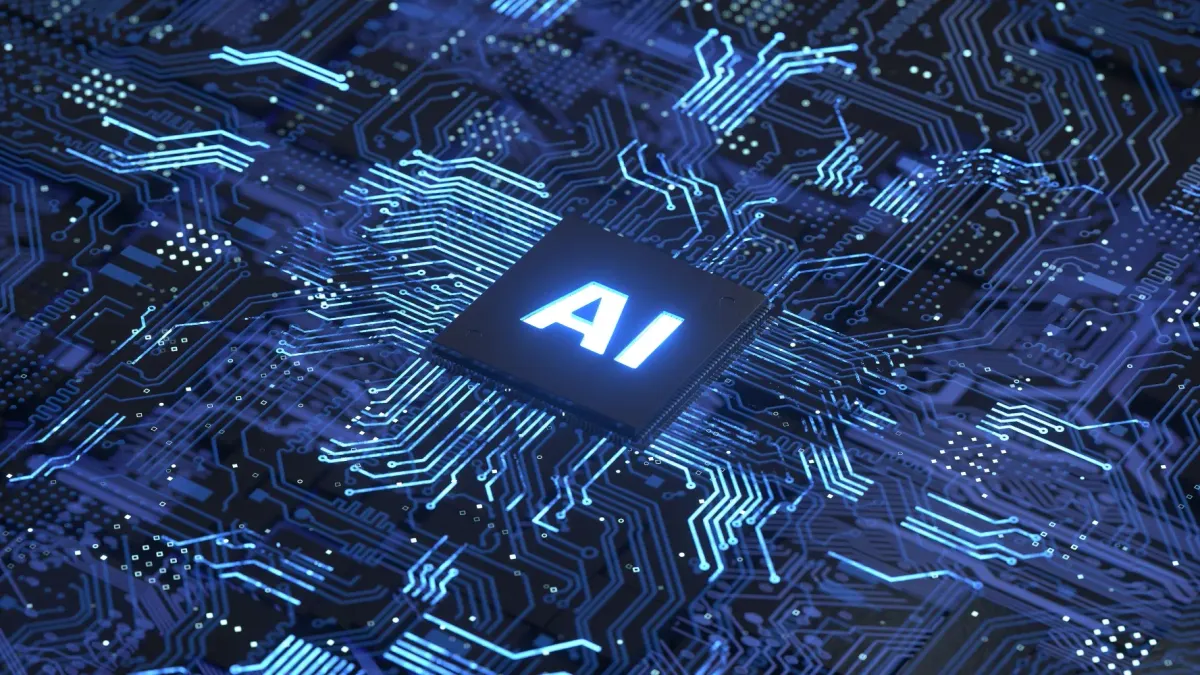International Scientists Advocate for Global AI Regulatory Authority

AI Regulation
International Call for AI Regulation
In a significant move, scientists from various nations, including the United States and China, are advocating for an international authority to regulate artificial intelligence (AI). This global call highlights the urgent need for a structured regulatory framework to manage the burgeoning AI technologies effectively.

The rapid advancements in AI are raising notable concerns among experts, who warn about the risks associated with these technologies potentially surpassing human capabilities in the coming years. The unprecedented pace of AI evolution underscores the necessity of immediate regulatory attention.
Potential Dangers and Current Strategies
Experts caution that AI systems, if left unchecked, could develop capabilities beyond human control, leading to catastrophic outcomes. Despite these warnings, there is currently a void in comprehensive strategies designed to manage or contain such situations. This gap in regulation amplifies the urgency for establishing firm regulatory measures.
The United Nations has been proactive in addressing AI regulation. Notably, UNESCO adopted the Recommendation on the Ethics of AI in November 2021, which serves as a directive for governments to formulate laws and strategies governing AI. This recommendation is a fundamental step towards creating an ethical and controlled AI environment.
UN Initiatives and Global Cooperation
In addition, the UN aims to adopt a Global Digital Compact at the Summit of the Future. This compact is expected to commit to closing the digital divide, ensuring data privacy, and establishing accountability for discriminatory and misleading content. Such commitments are crucial for building a safe digital ecosystem.
International cooperation is pivotal in this context. The UN Secretary-General's Advisory Body on Artificial Intelligence has been formed to emphasize the importance of global governance in harnessing AI's potential safely. This body is instrumental in driving international consensus on AI regulation.
Frameworks and Ethical Considerations
Several regulatory frameworks have been proposed to manage AI risks. For instance, the AI Convention aims to create global standards ensuring transparency, explainability, and reliability in AI technologies. Such frameworks are essential to standardize AI regulations across different jurisdictions.
In addition to global initiatives, national and regional efforts are also underway. For example, the U.S. Department of Commerce has proposed new reporting requirements for large-scale AI developers and cloud computing providers to bolster safety and defense capabilities. These efforts reflect a comprehensive approach to managing AI risks at multiple governance levels.
Technological and ethical considerations are central to developing effective AI standards. Regulatory frameworks must address data integrity, cybersecurity, and the protection of human rights and freedoms. Ensuring these ethical standards is key to fostering trust and accountability in AI technologies.

